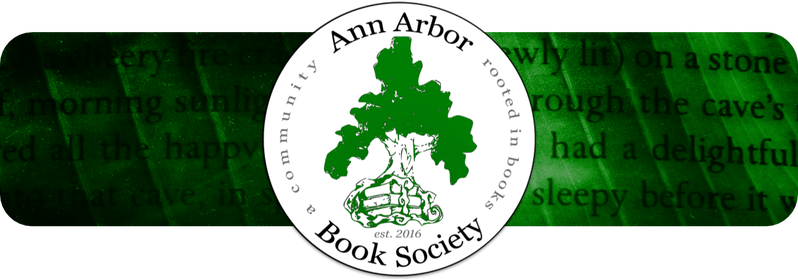Originally From Kansas, Gene Alloway has degrees in classical history and librarianship, and has worked in a number of areas, from oil fields to academic libraries. He is the primary appraiser of the shop, and the specialist in books about books, antiquarian books, culinary history, military history, and classical history. He is a so-so frisbee player, and has an avid interest in the history of libraries, focusing on the destruction of libraries and lost books. He was one of the founding board members of the Kerrytown BookFest.
Store Information
Specialty
Used & Rare Books, American & European History, Meta Books, Children’s & Academic Materials
Address
212 N. Fourth Ave
Ann Arbor, MI 48104
Contact
734 – 669 – 0451
motte@mottebooks.com
COVID-19 Policy
- Masks and social distancing required
Year Opened
1996 (Online)
2000 (Store Location)
Website
www.mottebooks.com
Hours
Monday-Saturday: 10 am to 7 pm
Sunday: CLOSED
Accessibility
- On-street parking nearby
- Wheelchair accessible
-
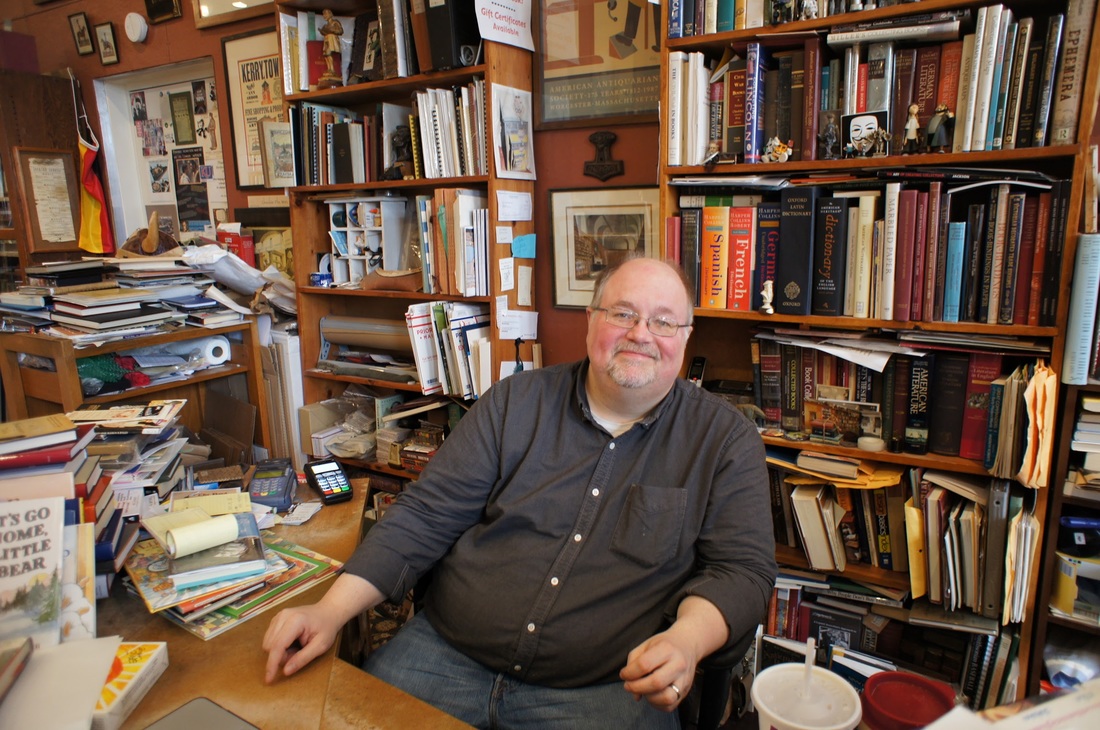
-
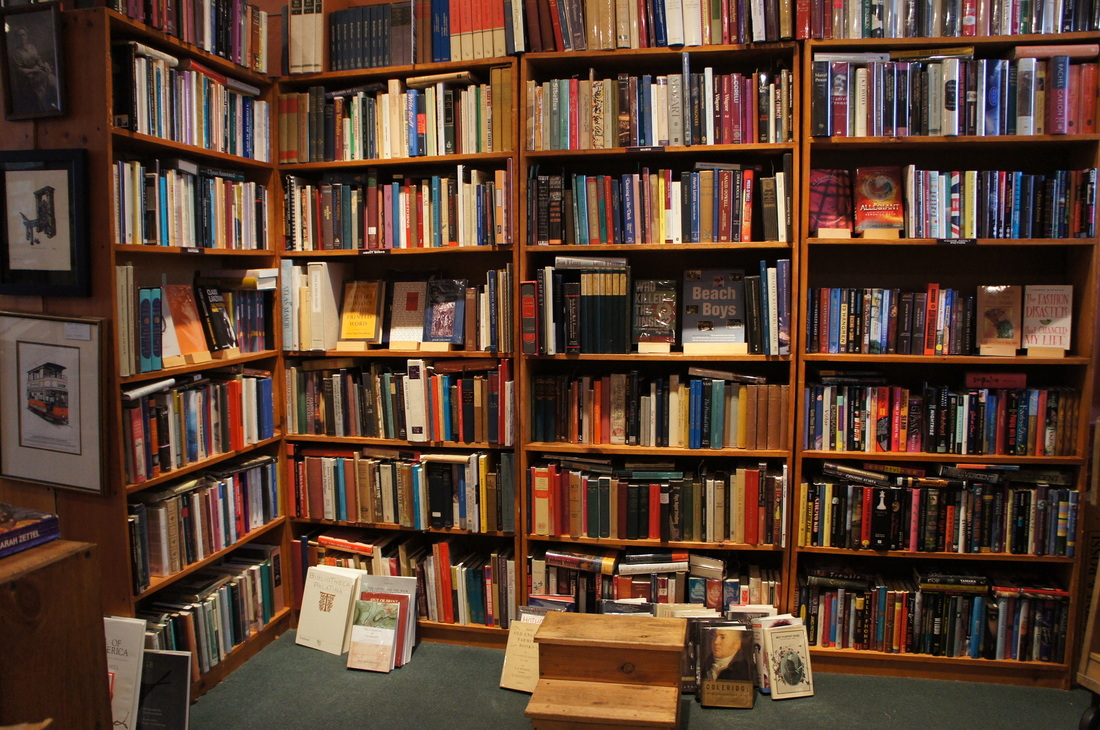
-
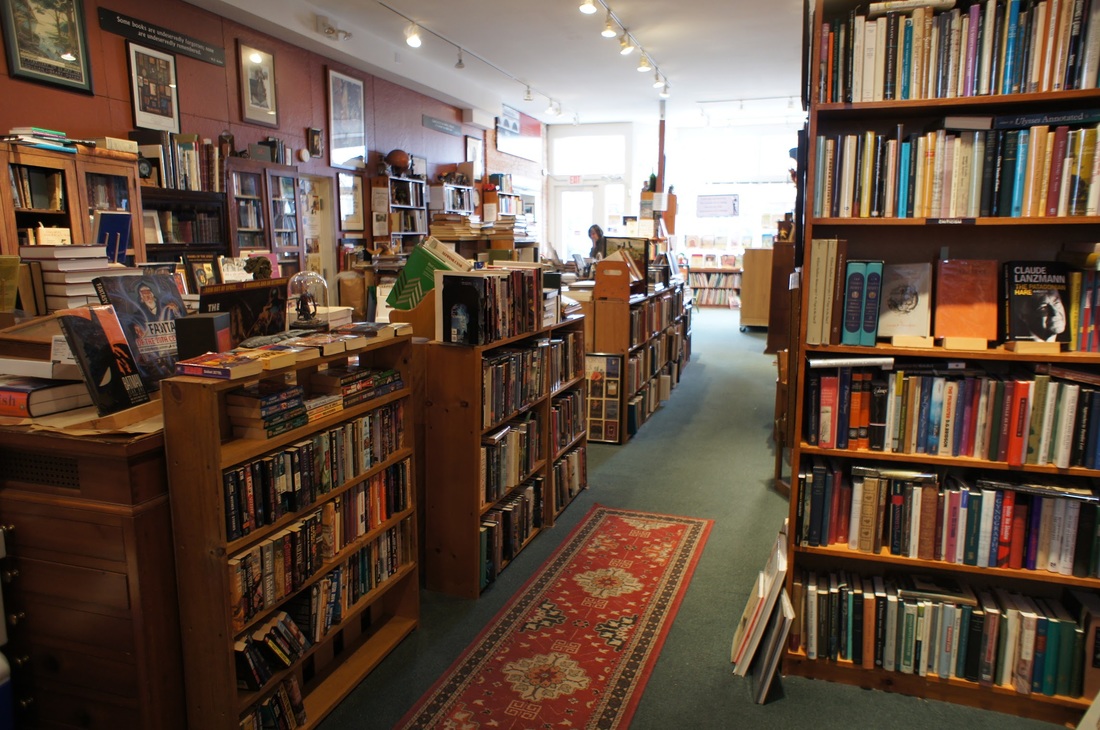
-
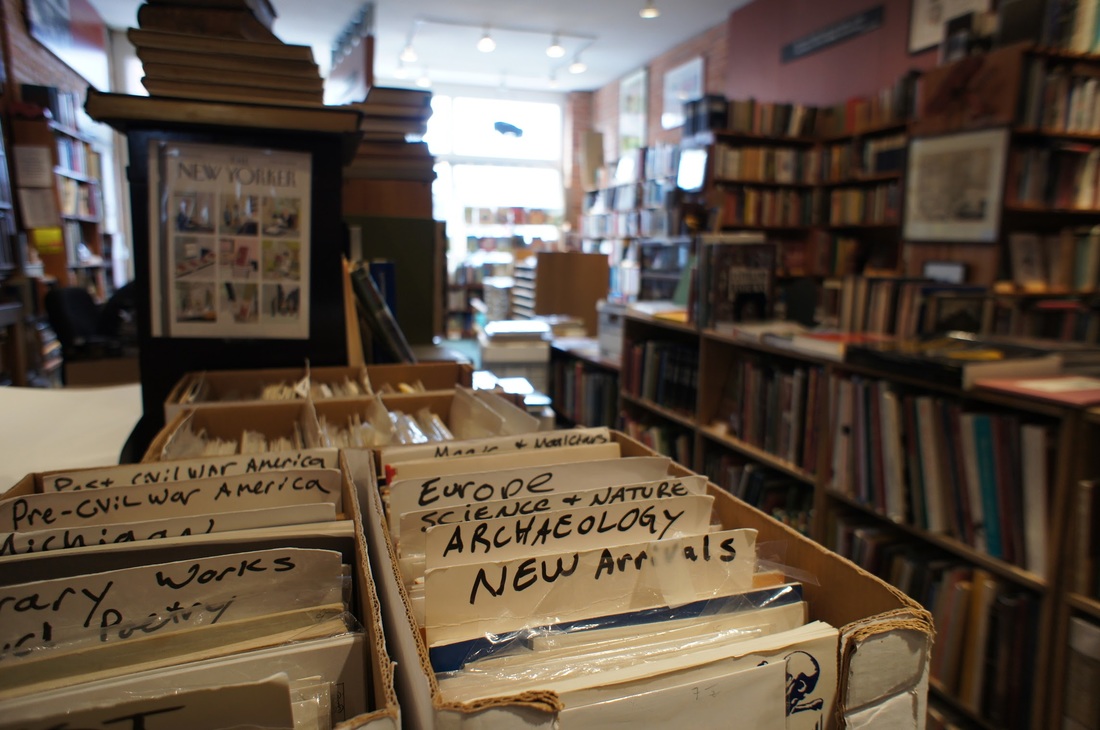
Item #5
-
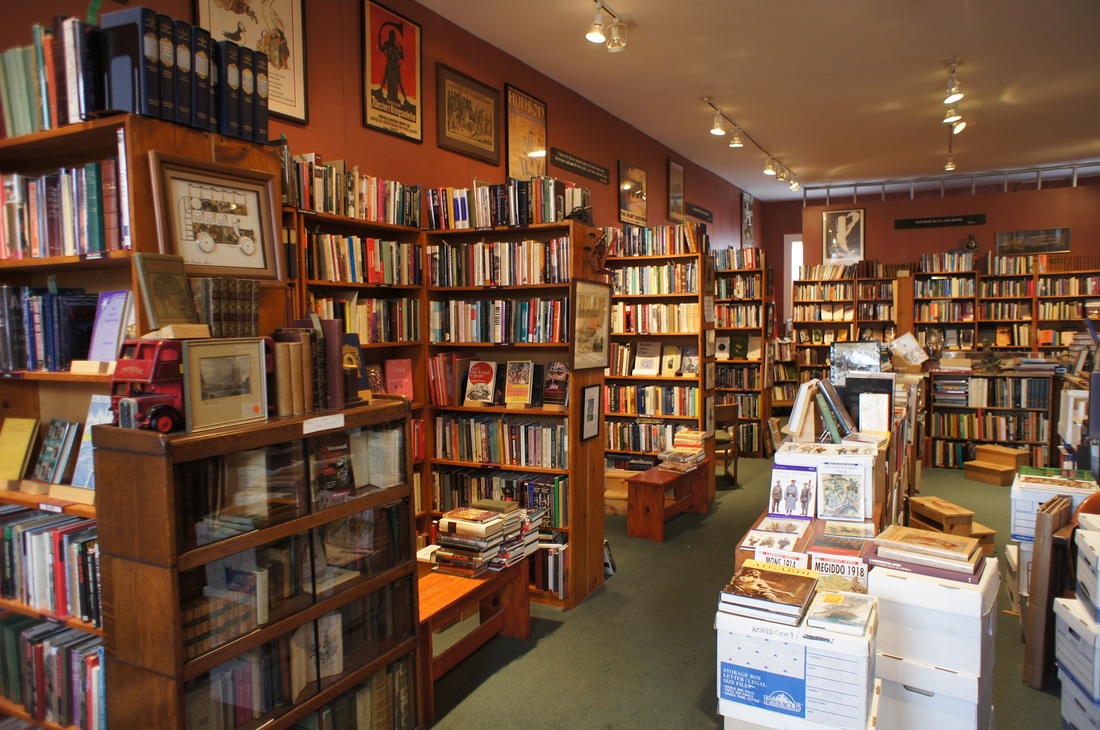
Item #6
-
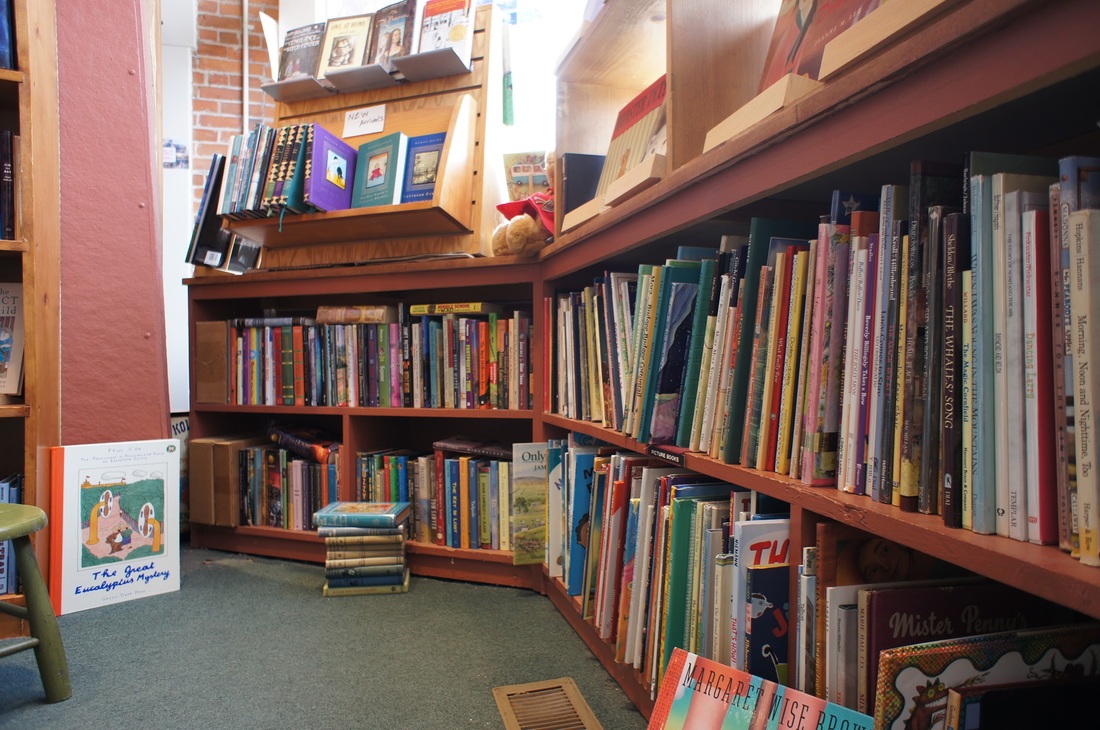
Item #7
-
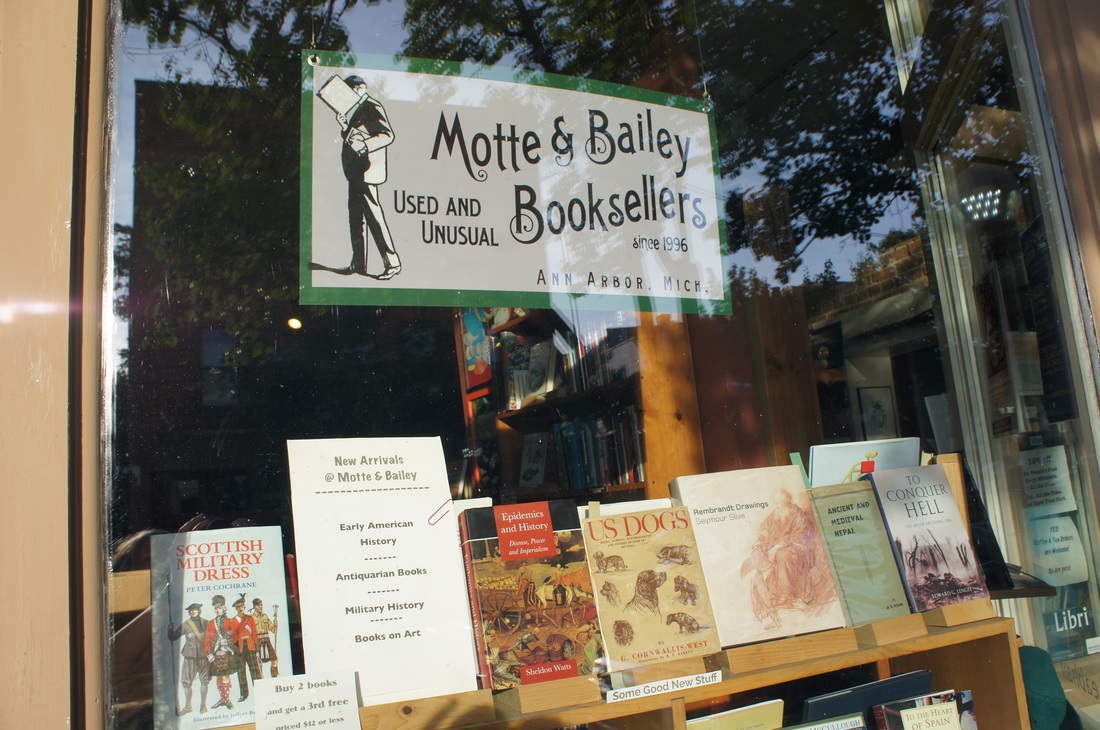
Item #8
-
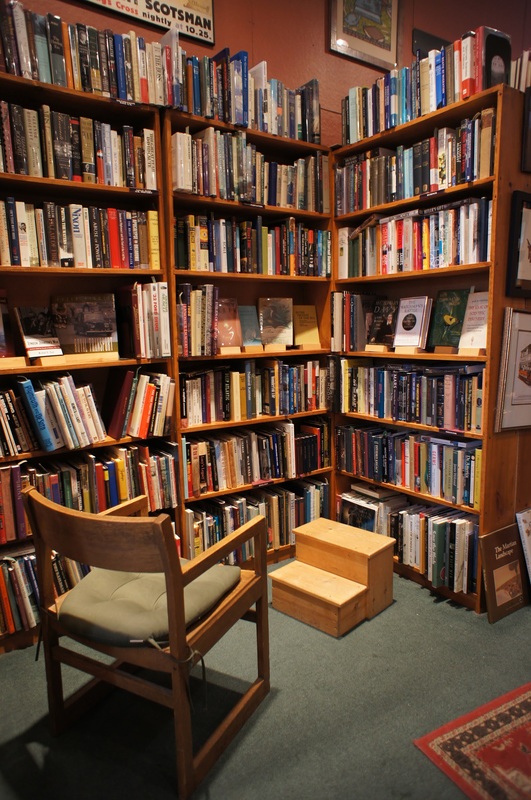
Item #9








About
Originally From Kansas, Gene Alloway has degrees in classical history and librarianship, and has worked in a number of areas, from oil fields to academic libraries. He is the primary appraiser of the shop, and the specialist in books about books, antiquarian books, culinary history, military history, and classical history. He is a so-so frisbee player, and has an avid interest in the history of libraries, focusing on the destruction of libraries and lost books. He was one of the founding board members of the Kerrytown BookFest.
Indie Interview
A curated bookshop focusing on non-fiction and history, but with something for everyone – from the 5 year old young reader to the 35 year old literature lover to the 75 year old scholar of art.
I wanted to have a shop where folks could see and discover the interesting books I was finding. The internet is useful, but it just isn’t the same as browsing a shop. Also, many common but excellent books are not profitable to sell online, but much easier to sell in a shop, and may even be the best books on a given subject. Lastly, it is simpler for people to contact you to sell books, so it is much easier to get more and better stock.
Not so much – just an alternative model to a traditional general used bookshop. However, it has enabled us to bring together a very good collection of history books with very well read history readers, which is a great deal of fun – and we learn a lot along the way.
Putting interesting books into the right hands is the best. We’ve sold books to the British Parliament, to the Prado in Madrid, to the Bibliotheque Nationale, and even returned a rare imperial document to a German prince. But helping out the student who needs a good copy of Homer, or having the unusual book on the French and Indian war for the local collector, or even finding the WWII unit history for the son of a soldier in that unit – that is just as good.
The greatest challenge is getting people in the door. Once they are in, most find something. But many people either think they can just find it online, or used shops won’t have anything they are looking for, or that used bookshops have only either rare and expensive books or only cheap and grubby. None of that is true. We (and many other used shops as well) have books you wouldn’t find online (or not in this country), a good selection of both popular and unusual items, and a mix of books priced from $5 to $5000.00 – with most being less than $20 each. So, there really is something for everyone with any curiosity.
To me, Ann Arbor [has] smart people, books and food. From the beginning, between the University and the German immigrants, we’ve had learned people and books as part of our foundation. The Germans also brought with them a food culture as well as a book and printing culture, which today has blossomed in a variety of directions. Bookshops have added to the view of Ann Arbor as a destination, a place of discovery, of learning, and of possibility. Bookshops have provided a place for discussion, for art, and for bettering one’s self through reading and interacting with others. They are part of the public space of the city, and each adds to the diversity of Ann Arbor though its own specializations.
